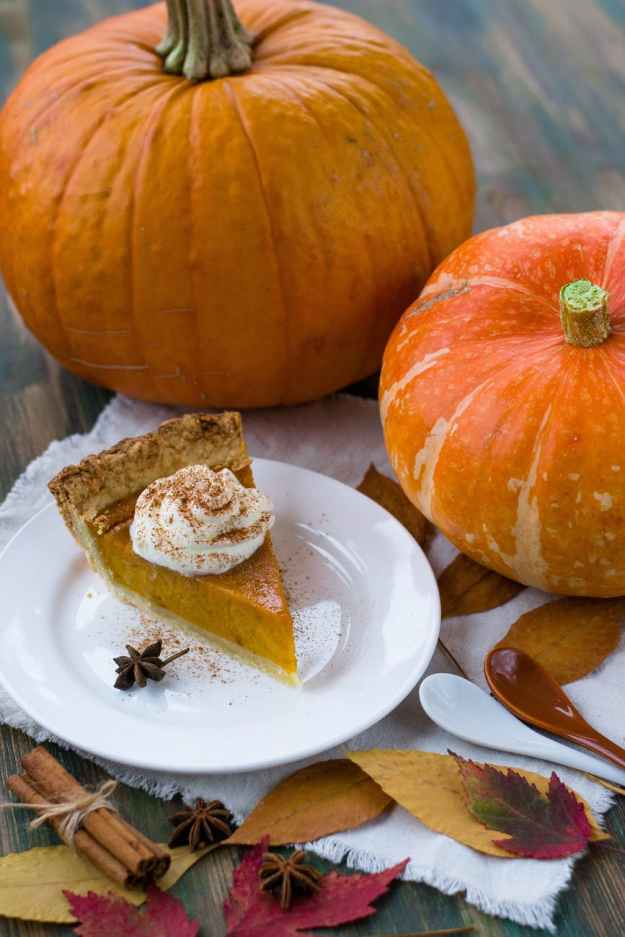Millions of Americans are about to celebrate Thanksgiving, and the grocery stores are bracing themselves for the onslaught of customers. The fact that hundreds of millions of people in the US can eat a meal that consists of roughly the same menu on the same day is a miracle of modern agriculture as well as a testament to good supply chain management at that nations’ grocery stores. Have you ever considered how your Thanksgiving meal is impacted by bees? Many of your Thanksgiving favorites would not make it to the table without the pollination services provide by bees.
Let’s consider a typical Thanksgiving meal that consists of the following: turkey, stuffing, yeast rolls, green bean casserole, cranberry relish, pumpkin pie and coffee. How would the menu be impacted if there were no bees?
Turkey – You are safe here. None of the major feed components for turkeys are pollinated by bees. People who deep fry a turkey usually use peanut oil, and peanuts are self pollinating.
Stuffing – You can’t make traditional stuffing without bees. Sage and thyme, two herbs frequently used in stuffing, are pollinated by bees. Celery and onions both have perfect flowers, so they don’t need bees to pollinate them. However, bees increase the rate of pollination and are used in the commercial production of both celery and onions.
Yeast Rolls – Wheat is wind pollinated, so you can have bread without bees. However, bees (honey bees and leaf cutter bees) pollinate alfalfa, which is used to feed cows. Without bees, you may have a hard time finding butter for your roll.
Green Bean Casserole – Green beans are self pollinating, so you can have green beans without bees. If you like to add sliced almonds to your beans, then you need bees. Almond trees require bees for pollination. Over a million bee hives are needed each year just to pollinate California’s almond trees.
Cranberry Relish – Cranberries require bees for pollination. Some recipes for cranberry relish call for the addition of other fruits and juices such as cherries, oranges, or apples. All of these require bees as well. You will have to completely strike cranberry relish from your menu if you live in a world without bees.
Pumpkin Pie – Next to the turkey, the pumpkin pie is the menu item most associated with Thanksgiving. Pumpkins are pollinated by bees, and many large-scale pumpkin producers rent bee hives for their pumpkin fields. You would need to find another dessert in a world without bees.
Coffee – Not all varieties of coffee require bees for pollination. However, bees increase the productivity of the coffee plants and improve the quality of the coffee beans. You could probably still get coffee in a world without bees, but it would probably be difficult to obtain and would be more expensive.
If you lived in a world without bees, your Thanksgiving dinner would be bland, less nutritious and probably more expensive. Hopefully this thought experiment has helped you appreciate the role that wild bees and cultivated honey bees have on modern agriculture. We can all help to preserve bee populations by planting for pollinators and minimizing or eliminating the use of pesticides.
Happy Thanksgiving from MarriedWithBees.com

Photo by Pixabay on Pexels.com

Pingback: Thank Bees for Your Thanksgiving Dinner — Married with Bees | Leonard's Lines
Pingback: Thank Bees for Your Thanksgiving Dinner by Married with Bees | Beekeeping365
Thank you for sharing.
LikeLiked by 1 person
I am glad you enjoyed it. Happy Thanksgiving.
LikeLike
Reblogged this on florasforum and commented:
Perfect post for the holidays.
LikeLiked by 1 person
Thank you. I am glad you enjoyed it.
LikeLike
loved it. It’s always good to remind everyone on how much of our food relies on bee pollination. great blog!
LikeLiked by 1 person
Thank you for reading and commenting. I am glad you enjoyed it.
LikeLike
Honestly, bees are great and everything, but my mom always makes too much of her paleo-friendly diet foods anyway. We need MORE MEAT!
Look me up at Ward Bros. Honey Co. anyone who is out there and wants to know more about bees.
LikeLike